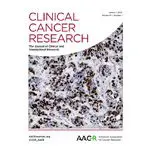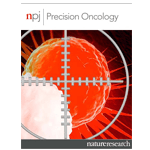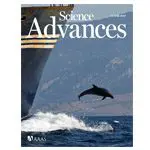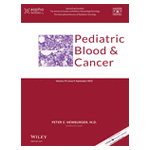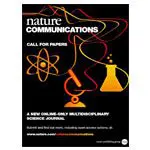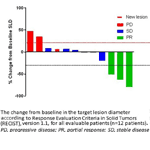Oncogenic Addiction of Fibrolamellar Hepatocellular Carcinoma to the Fusion Kinase DNAJB1-PRKACA
Based on another study from the Simon lab, we have known that a gene fusion called DNAJB1-PRKACA produced a mutated protein kinase A (PKA) that causes 99% of cases of fibrolamellar carcinoma. In this study, the researchers found that this gene is not only important for the growth of FLC tumors but also that blocking …

